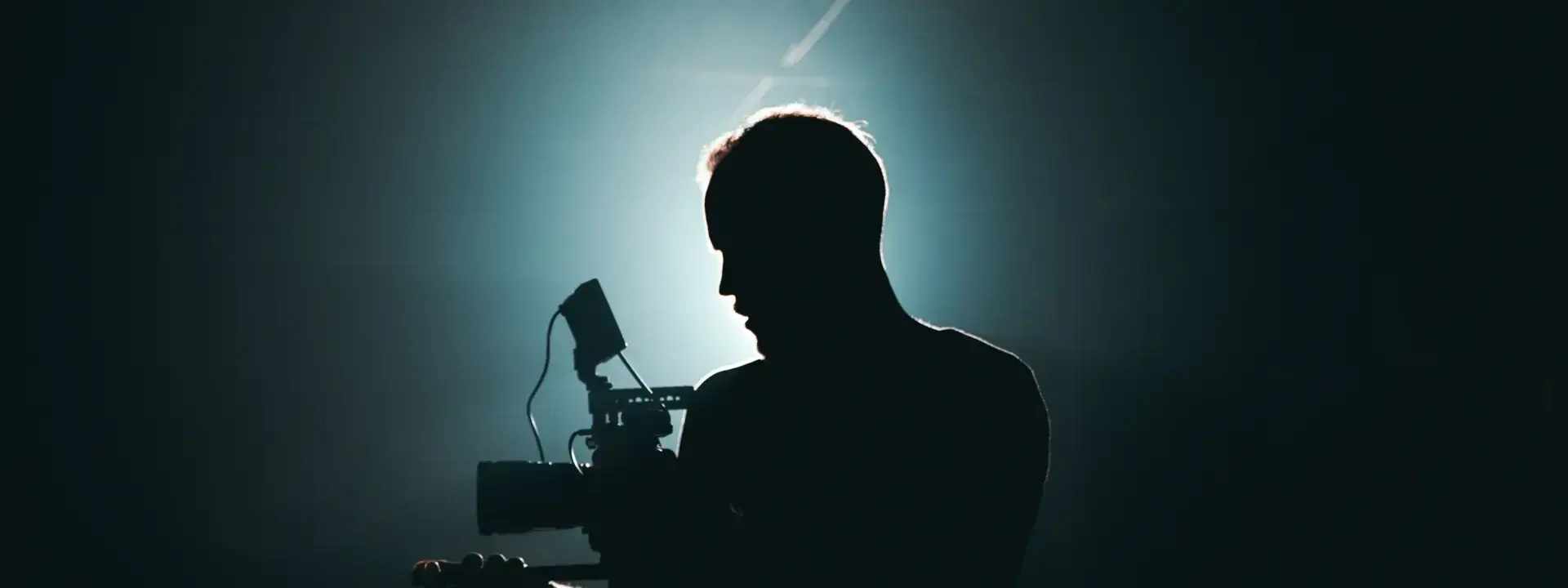
Lighting Technician Job Description
What is a Lighting Technician Professional?
A lighting technician is someone who installed and maintain the lighting for a stage production, film set, or other performance venue. Their job includes rigging lights, setting up gels and stands, running cable, and focus light beams. A lighting technician must be able to work quickly and efficiently in order to meet the demands of a fast-paced production schedule. They must also have a good understanding of electrical systems in order to troubleshoot any problems that may occur.
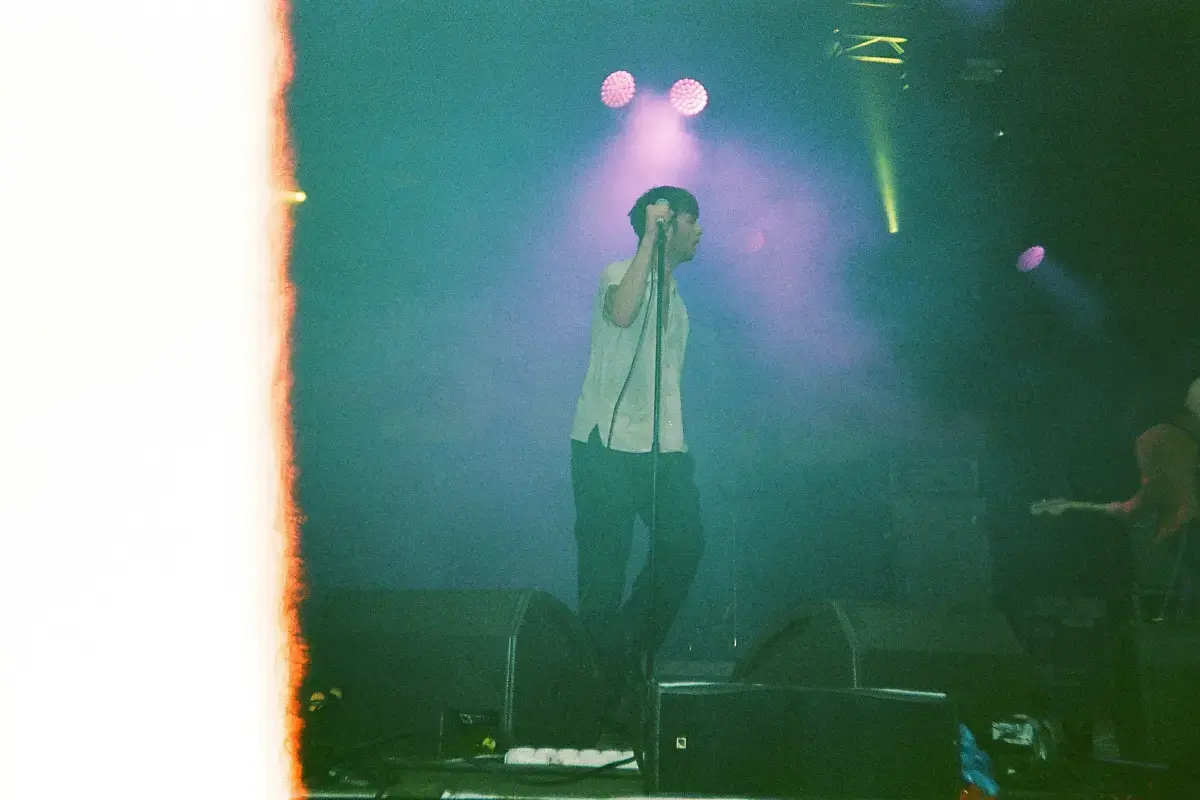
What does a Lighting Technician Expert do?
In addition to their technical skills, a lighting technician must also be able to communicate well with other members of the production team in order to ensure that the lighting designs are being carried out as intended. This communication is especially important when working on complex productions with multiple moving parts. A lighting technician must be able to think creatively in order to solve problems and create interesting effects. They must also have a strong attention to detail in order to avoid mistakes that could potentially jeopardize the safety of performers or crew members.

What are the Skills of a Lighting Technician?
A lighting technician needs a wide range of skills and experience in order to be successful. They need to have an understanding of electricity and how it works, as well as experience with different types of lighting equipment. They should also be familiar with the different techniques used to create various lighting effects. In addition, a lighting technician needs to have good problem-solving skills and be able to troubleshoot issues that may arise during a performance or event.
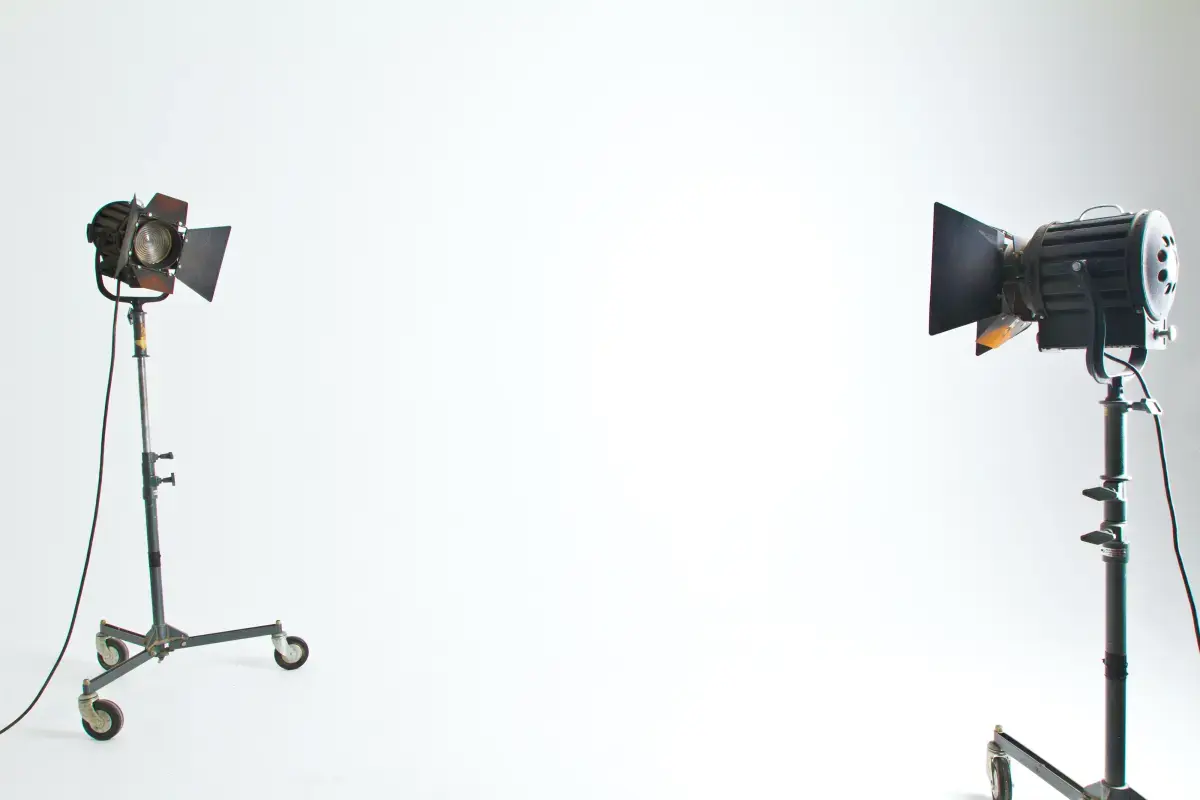
What makes an Expert Lighting Technician?
They must also be able to work quickly and efficiently under pressure. Generally speaking, a lighting technician needs: -A high school diploma or equivalent -An associates degree in applied science or related field (optional) -Apprenticeship or job shadowing experience -Certification through an organization like NICET -A valid drivers license -Good customer service skills
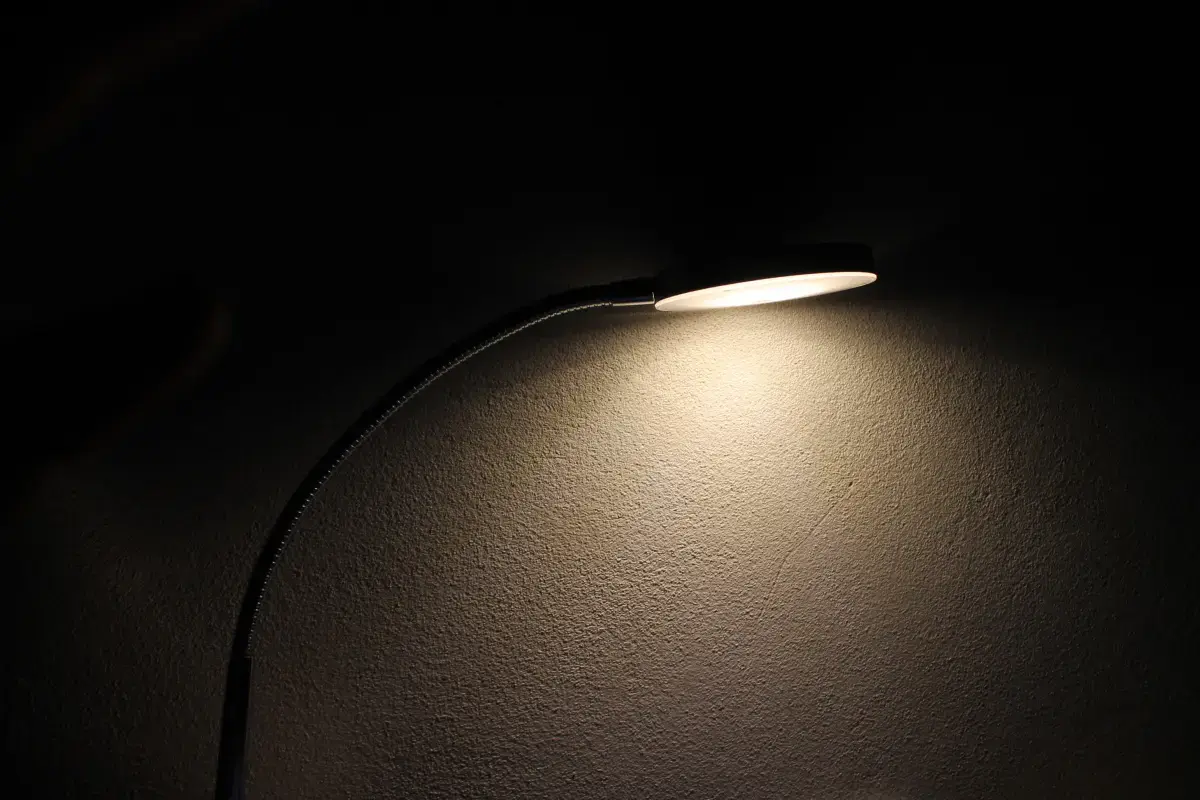
What level of Experience & Qualifications are required to be a Lighting Technician?
Industry Experience: 1. At least three years of professional experience working in the field as a lighting technician, preferably on productions for film, television and/or live events. 2. Comprehensive knowledge of different types of lighting equipment and techniques used across various media formats (film, television, theater). 3. Demonstrated ability to troubleshoot problems quickly and efficiently while maintaining operation standards set by production teams or directors. 4. Proven track record in accurately setting up complex light rigs according to specified designs and plans with minimal supervision or guidance from senior technicians/directors. Training & Qualifications: 1. Certification in specialized fields such as rigging safety procedures, electrical safety protocols etc., may be required depending on the employer’s requirements; 2. Hands-on training provided by experienced professionals is essential for gaining practical understanding of operating different types of lights; 3. Completion of courses related to the technical aspects associated with being a lighting technician will help further develop ones skill sets; 4. Familiarity with computerized systems used for controlling light intensity is also advantageous when seeking employment opportunities within this field; Education Requirements: Bachelors degree in theatre technology or similar disciplines related to stagecraft typically preferred but not always necessary depending on level of experience held within industry; 2) High School diploma or equivalent required at minimum ; 3) Extensive background knowledge regarding principles behind color theory, optics and electricity all beneficial when applying for positions as expert lighting technicians
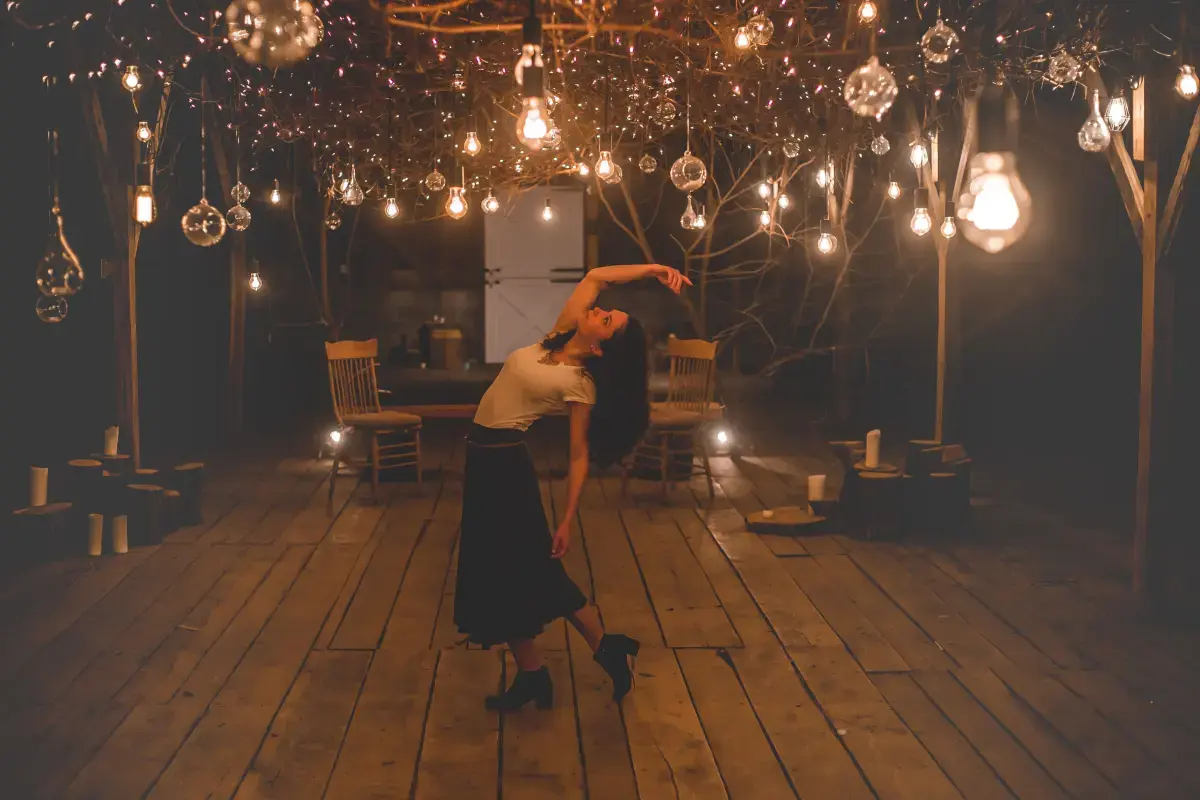
What is the Salary of a Lighting Technician?
Junior Lighting Technician: A junior lighting technician typically earns between $15 and $20 per hour. This is a starting level position with limited experience, so most employers will provide on-the-job training to help the technician learn the skills necessary for their job. Intermediate Lighting Technician: An intermediate lighting technician usually earns between $18 and $25 per hour. At this level, technicians are expected to have some basic knowledge of lighting equipment and techniques. They may be asked to perform more complex tasks such as rigging lights or programming light boards. Senior Lighting Technician: A senior lighting technician typically earns between $25 and $35 per hour depending on experience and skill level. Senior technicians are expected to have extensive knowledge of all aspects of lighting technology including design, installation, programming and maintenance. They may also be responsible for managing other technicians in order to ensure that projects run smoothly from start to finish.
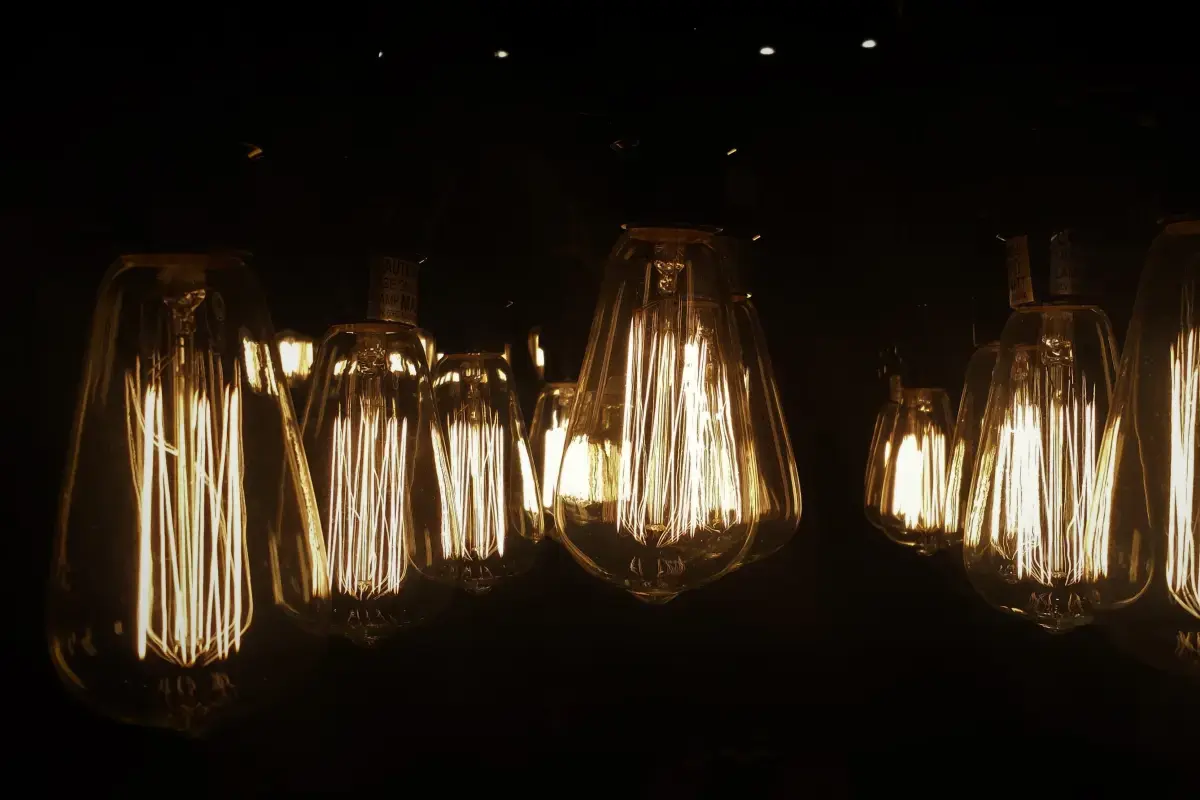
What are the Working Conditions for a Lighting Technician?
The working conditions for a lighting technician vary depending on the type of job they are doing. Generally, they work in both indoor and outdoor environments. They may be required to work nights, weekends, and holidays depending on the production schedule. Lighting technicians must be able to climb ladders or scaffolding as well as lift heavy equipment. They must also have good manual dexterity and be comfortable with using power tools. In addition, lighting technicians should have good problem solving skills in order to troubleshoot any technical issues that may arise during a production shoot. Safety is always paramount; therefore, it is important for lighting technicians to wear safety gear such as protective eyewear when operating machinery or carrying out tasks at height
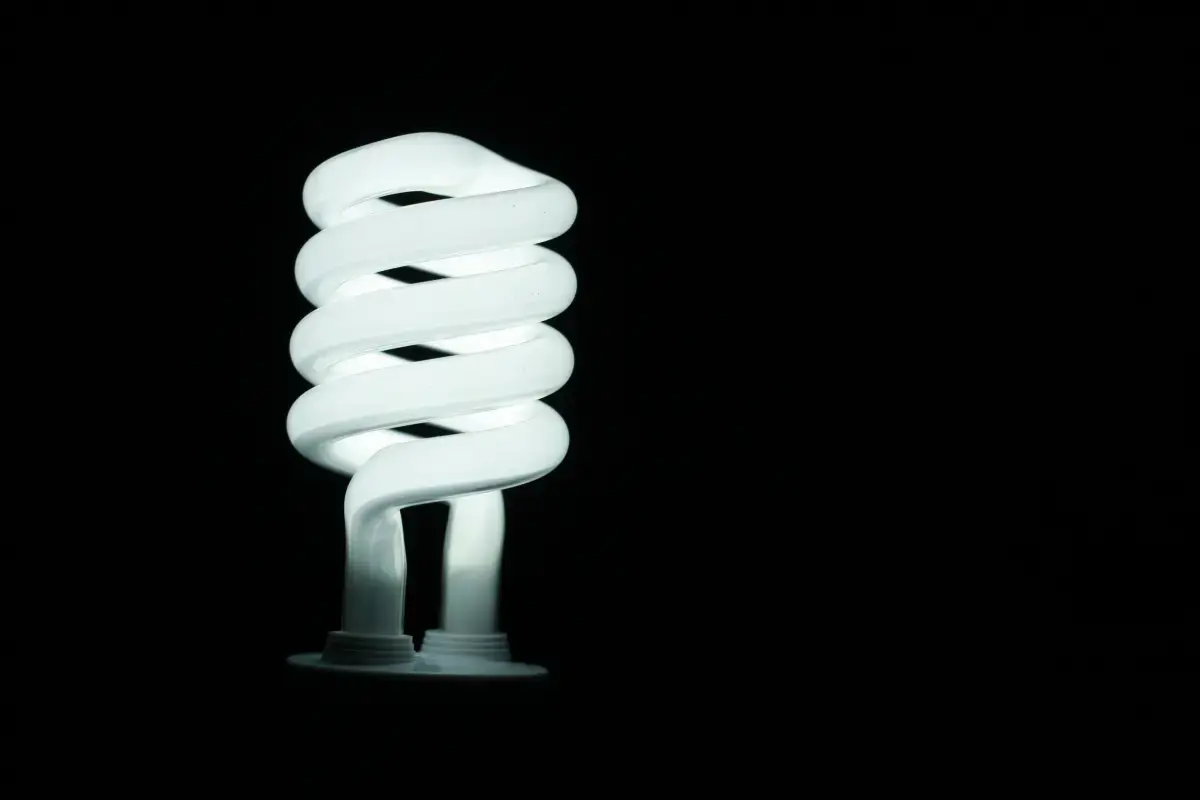
What are the roles and responsibilities of a Lighting Technician?
Choose and set up the lights for a production
Operate the lighting console or board during a performance
Focus andAim lights
Change light bulbs and gels as needed
Hang, climb, and focus lights before rehearsals and performances
Work with the electrician to ensure all power sources are properly wired and grounded
Cue cues for lighting changes during rehearsals and performances
Run follow spots during performances
Strike (take down) the lights after a production
Coordinate with other technical staff on backstage crew calls
Maintain an inventory of all lighting equipment
Ensure that all safety standards are met when working with electrical equipment
"Baby-sit" any live electrical connections during load-in, rehearsal, or performance

Where can I find Lighting Technician jobs?
- Create a profile on gigexchange and promote your Lighting Technician skills to advertise you are Open to New Work Opportunities
- Ensure your Resume (or CV), or online work profile is up to date and represents your skills and experience. Ensure your reputation reflects your ability & attitude.
- Apply for Lighting Technician Jobs advertised on gigexchange.
- Practise Lighting Technician interview techniques to ensure you represent your personality and ability succinctly and confidently.
- Accept the job offer if the salary meets your expectations and the employer mission and purpose reflects your core values.
Jobs
What are the best job boards for Lighting Engineer jobs?

How can I hire Lighting Technician staff online for my business?
The best job board for recruiting Lighting Technician experts is gigexchange.com. Advertise full-time, part-time or contract jobs to find, hire & recruit trusted, experienced and talented Lighting Technician candidates near you.
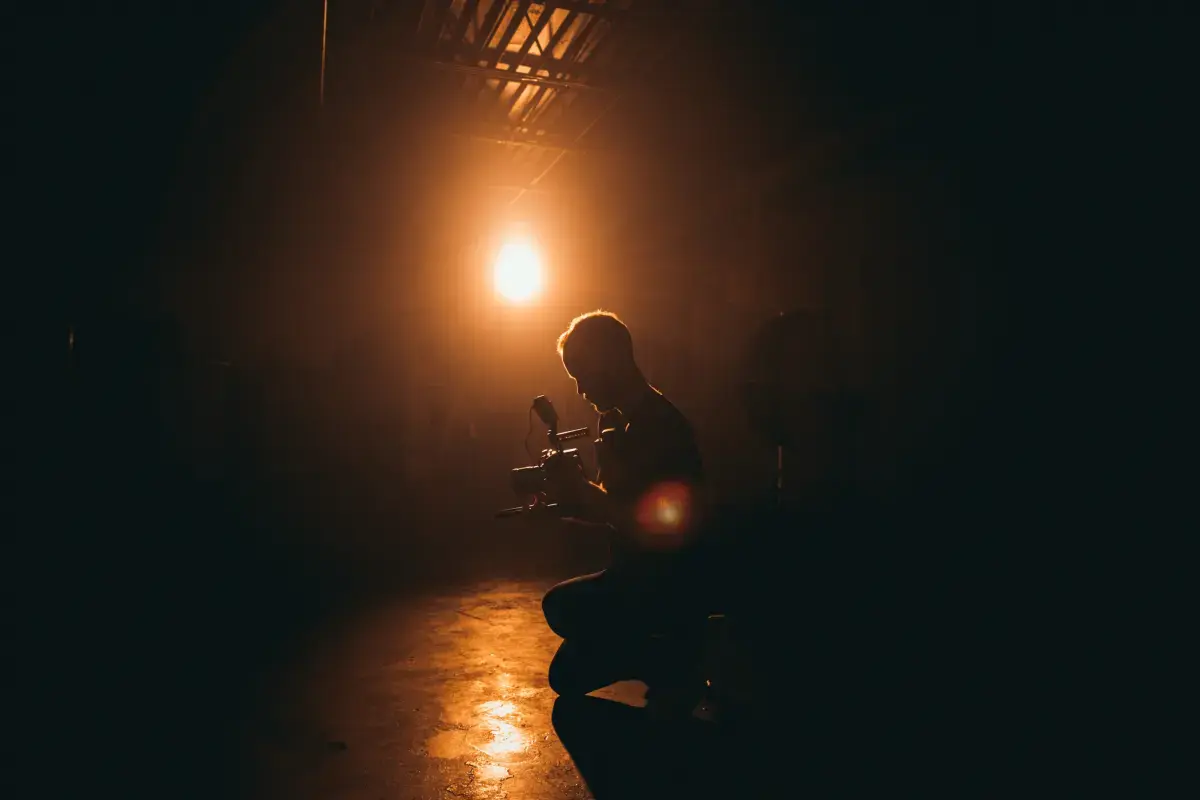
Are Lighting Technician roles in demand in 2026?
Lighting Technician experts are still in high demand in 2026. If you are an experienced Lighting Technician or looking to train and become one. The job market is looking strong for Lighting Technician jobs near me.